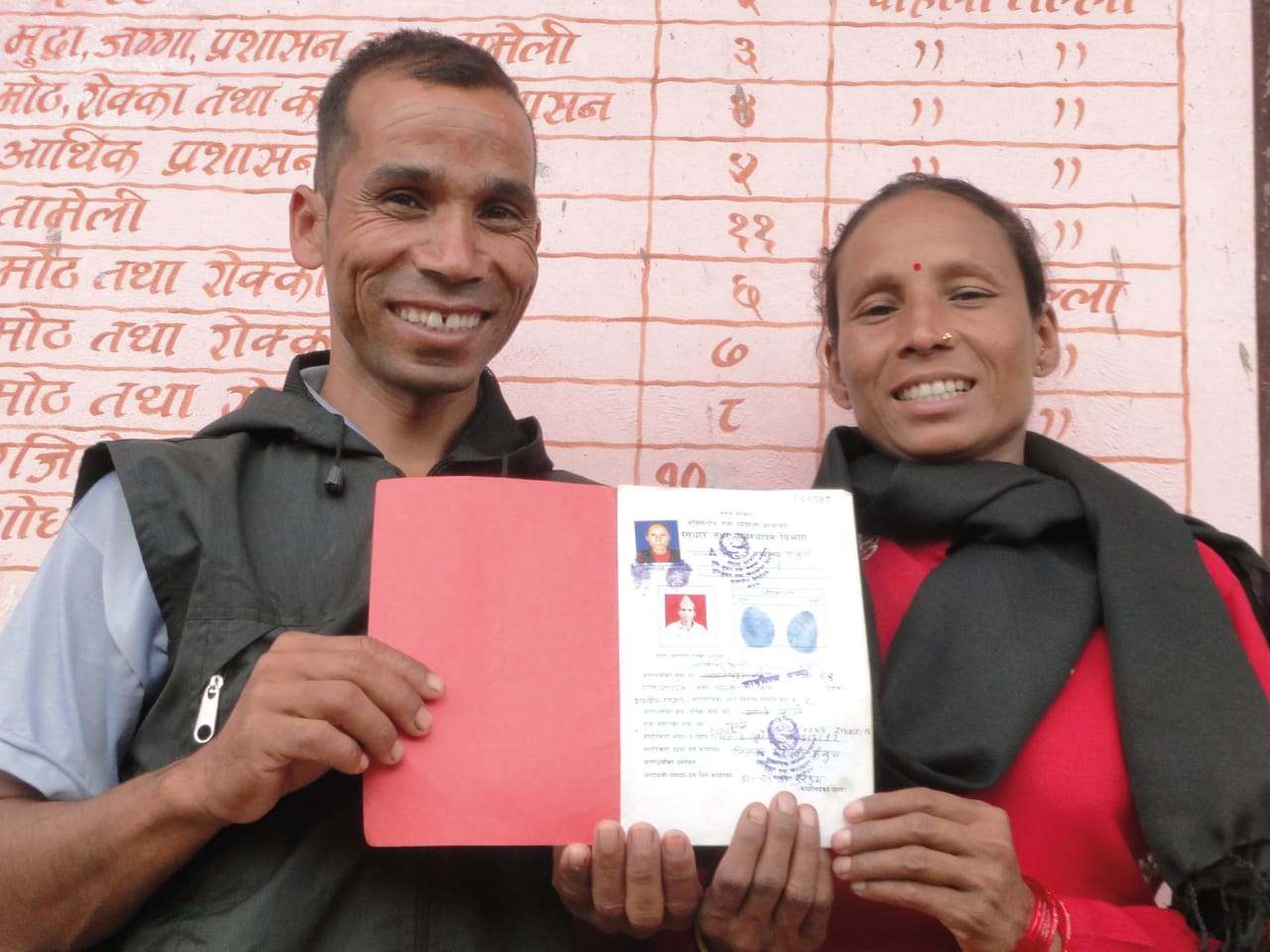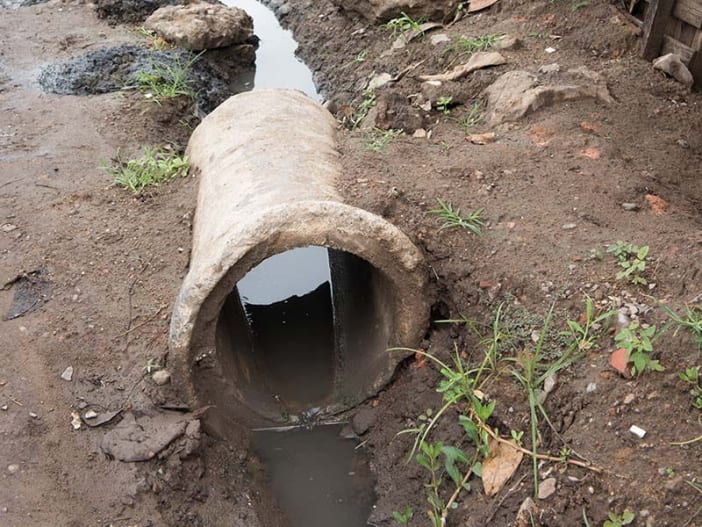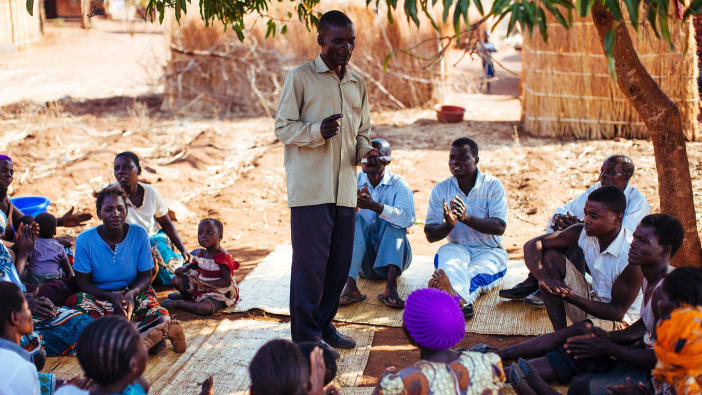For United Mission to Nepal (UMN), gender justice has always been a priority. We believe that men and women are like two wheels of a cart. When we started a new food security project in 2016, we realised that to bring about community transformation, we should start by working towards gender justice within individual households.
Preparing the ground
We began by researching the causes of discrimination between men and women in the local community, and found that land ownership was a key issue. In Nepal, although 72.8 per cent of women are engaged in agriculture, they legally own less than 20 per cent of the land. This is even worse in remote areas.
We also reviewed the government of Nepal’s policies on women, land rights and the rights of smallholder farmers. We noticed that the government had recently developed guidelines on joint land ownership to encourage the empowerment of rural women. Joint land ownership means that both men and women are officially registered as owning a piece of land, rather than just the men. Together with other organisations, we discussed the opportunities and threats of running a joint land ownership project. Despite the risks, we decided to go ahead.
Spreading the word
We arranged face-to-face discussions with the newly elected local government officials. Most were not aware of the new guidelines about joint land ownership. We explained these in detail, which they appreciated.
We then worked on educating the target communities. Most of the people in these rural areas are illiterate. We therefore used local FM radio, which was a very effective way of sharing the message. The radio broadcasts explained in the local language why joint land ownership is important, how to obtain it and the benefits of having it.
We also spread the news through our Community Empowerment Centres. UMN set up these centres for women to learn about social issues, solve problems together and build their leadership qualities. Participants from the centres conducted a door-to-door campaign, talking with both male and female members of local households.
The men were reluctant at first, but once they understood the benefits of joint land ownership they were ready to support the project. If men were aggressively against it, we organised a discussion between them and officials from the District Land Reform Office. The men became more supportive once they realised that this was a government priority too.
There is a saying, ‘Nothing will change unless we change in ourselves.’ Some of the new government officials were the first to apply for joint land ownership. This helped to convince the community and built confidence and trust.
Women empowered
So far, 36 couples have obtained certificates of joint land ownership. The local government organised a ceremony to honour them, and this has helped women realise they are an important part of society.
Land is associated with the way society perceives a person. We found that women with joint land ownership are more confident, more empowered and better represented in various discussion forums. They have also gained better access to various local services, such as loans for farming.
The comments of the women involved speak for themselves: ‘My family members have started talking with me politely.’ ‘We have now gained easy access to a loan from a cooperative.’ ‘It is our first step towards community transformation.’










